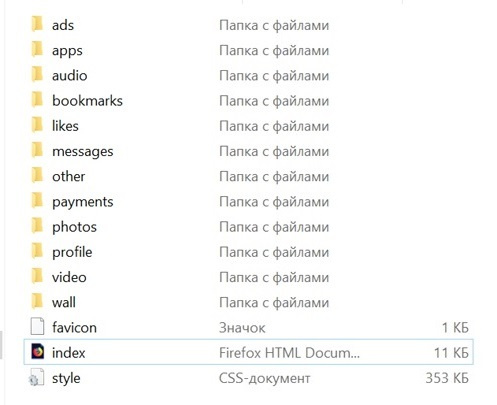Ответ вроде уже на поверхности, но вы не желаете его видеть - не следует учиться по видео, если это не какой-то практический навык вроде разборки ноутбука
Скорость извлечения информации из текста по сравнению с видео у среднего человека пятикратна. У подготовленного этот показатель еще лучше. И да, быстрая перемотка здесь не поможет.
Если вам проще воспринимать информацию на слух чем на глаз, подумайте над тем, а ту ли профессию вы выбрали.
Программист систематически работает именно с текстами, поэтому восприятие информации из других источников будет конфликтовать с тем способом восприятия, который развит наилучшим образом, то есть, с текстом.
Далее
Усилия на продакшн видео, как правило, превосходят те, которые нужны для того, чтобы подготовить текст.
СЮРПРИЗ
Для хорошего видео тоже нужен текст. Видео, записанное без подготовки и слайдов, это беее, меее, плохая структура и прочий шлак.
Вывод - первичным источником информации всегда является текст.
Учитесь по текстам.


